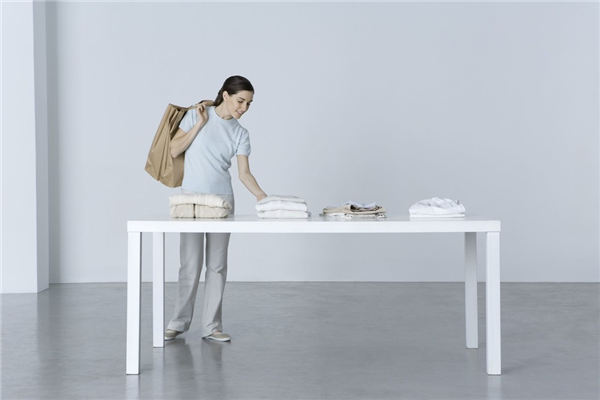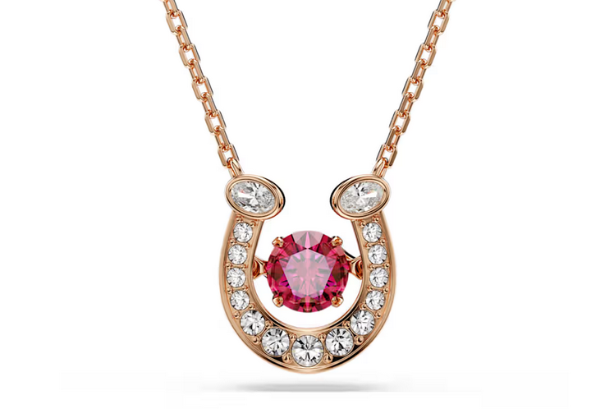More turning to the bare essentials of life


But this may not be the case in China. A report by market research company Euromonitor in London found young Chinese consumers spend less on possessions, but tend to spend more on, for example, short holidays and visits to the movies, with ticket sales rising by 13.5 percent last year.
Alison Angus, head of lifestyles at Euromonitor, said this, in part, is driven by the rise of a Chinese counter-culture dubbed wenqing, or "cultured youth", but perhaps is better expressed by the word "hipster".
"They are rejecting materialism, which sort of goes against the grain in China," Angus said. "They are looking for a life that is all about culture. They spend their leisure time reading poetry, going to art galleries, looking after pets and drinking little alcohol."
However, some brands are still trying to tap the new generation of Chinese who have consciously decided to consume less.
These approaches can take different forms. They range from the functional basics of Japanese retail company Muji and the production of simple quality clothing by Uniqlo, to subscription services, which are replacing ownership of music, books, movies and software. Electronic books and devices such as Kindle are among the top items bought by Chinese born in the 1990s and 2000s, according to data from Iresearch.
Other industry trends in China, such as the booming sharing economy, in which, for example, consumers choose to use new services available through Didi and Mobike rather than buy cars, are also evidence of this trend, the report said.
Prakash Ghai, an Indian minimalist, tried to introduce the concept to his country through photography. "People first learn to acquire before learning to give up," he said, adding that although the minimalism movement has been evident for some years in the Western world, it is still a relatively new concept in India because "many Indians are still learning to acquire".
But statistics from Google Trends show that minimalism is spreading from the Middle East to Western Europe. The top five countries and regions searching for information on "minimalism" in 2017 were Hong Kong, Iran, South Korea, the United Kingdom and the Philippines.
In Asia, the most prominent minimalist is Japanese expert Marie Kondo, whose book The Life-Changing Magic of Tidying Up has sold millions of copies worldwide and inspired countless numbers of people to reorganize their homes and lives. Although Kondo focuses on tidiness, the psychological benefits of this overlap with the minimalists' goals. The book struck a chord with many middle-class readers and fueled their enthusiasm for minimalist lifestyles.




































